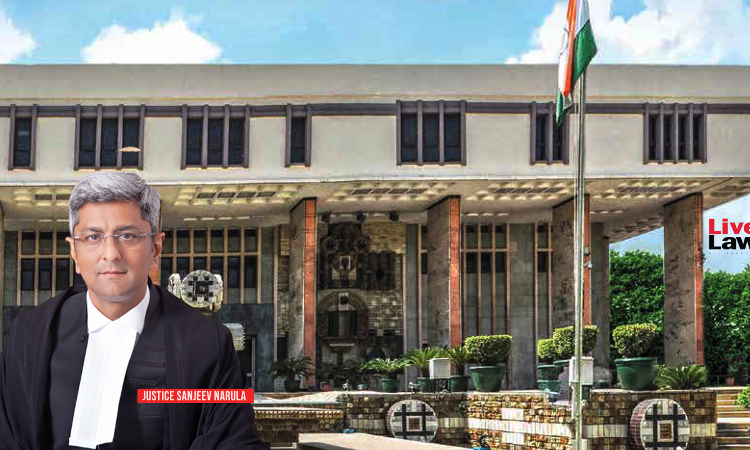Remedy Under RERA Act Is Not A Bar For Initiation Of Arbitration: Delhi High Court
Parina Katyal
4 Aug 2022 1:00 PM IST

Next Story
4 Aug 2022 1:00 PM IST
The Delhi High Court has ruled that the dispute involving refund of payment under the 'Flat Buyer Agreement' from a real estate developer is arbitrable and is not barred by the existence of a concurrent remedy under the Real Estate (Regulation and Development) Act, 2016 (RERA Act). The Single Bench of Justice Sanjeev Narula held that the remedies available under the RERA Act...
